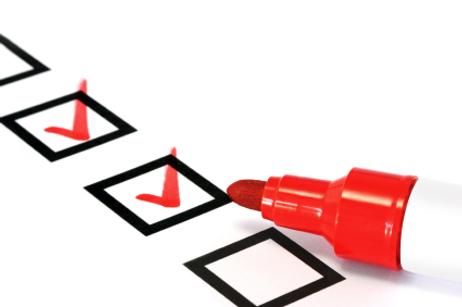"How do they teach?" is a question that you need to ask as you evaluate schools on your shortlist. This question has been on your mind ever since you began considering sending your child to private school. While it certainly is relevant at almost any stage of the school selection process, it becomes critically important now that you are circling around those final few schools on your list. Be sure to have the question answered. You can do this by asking the admissions staff how the teaching is done at their school. They are accustomed to answering the question and will provide a detailed explanation for you. Furthermore, I do recommend that you ask the identical question at each school you visit. Then you will be able to compare apples to apples, having asked the same question at each school.
Whether you are looking at your options for preschool, primary school, middle school or high school, how the teachers teach is just as important as what they teach. As you review each school's curriculum, familiarize yourself with how that curriculum is taught. Make sure that everything matches your requirements and expectations.
Laying the Groundwork for an Education
Let's look at three areas of concern that we as parents have faced outside the classroom as we raised our children. From infancy, we have had control of what we are taught. We have shaped our child's thinking up to the point where she went off to preschool and kindergarten. In


























